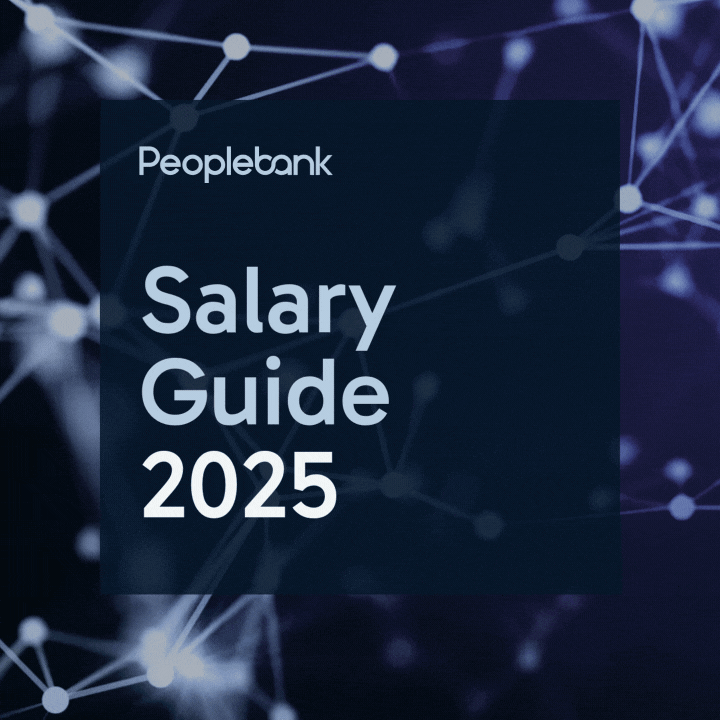Common Hiring Mistakes That Can Have Disastrous Consequences
Choosing the right candidate for a position is a tricky task. It requires the right mix of gut instinct and objective evaluation to assess an applicant’s qualities and experience. Worse still, the cost of making the wrong decision can be massive.
Here’s how to avoid making a decision you’ll regret.
Focusing on technical skills and ignoring the importance of emotional intelligence.
Finding the best fit for the position requires asking open-ended questions that require the interviewee to give examples of how they responded to specific on-the-job situations in the past. This helps to measure such things as leadership, response to stress, and ability to prioritize different tasks.
Interviewing too many people who aren't qualified for the position.
Employers should take the time to consider the specific skills and personal attributes they desire before advertising an open position. It's also essential to be honest with job candidates about what the job entails. Employees who feel their employer misled them are likely to quit as soon as they possibly can.
Not getting enough references or different types of references.
To get a clear picture of someone, it's important to speak to former superiors, colleagues, and direct reports if applicable. Employers should speak to a minimum of three references, but feel comfortable contacting as many as necessary to help in the evaluation process.
Not having a clear hiring policy in place.
It causes confusion in the best of circumstances and invites legal action in the worst. This is especially true when it comes to contract workers. All employees and those who receive a job offer should receive a handbook that outlines the exact steps the company takes to fill open positions.
It's preferable to avoid these mistakes, but if you do make them, vow to learn from them so you can make better hiring decisions in the future. Your company's future growth and success depend on it.






















